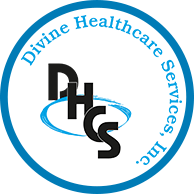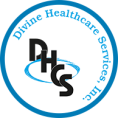Recovery is not a total abstinence but involves a daunting set of tasks. It is an ongoing process that requires changing many aspects of life – how you think, react to certain situations, and cope with emotions created by these aspects of life. A personal recovery plan is one of the first things you need to do after treatment. It involves a set of guidelines, goals, methods, notes, and processes that you set to sustain in recovery without relapse. It is important to be honest with yourself so that you can adapt and continue to create a lifestyle that is conducive to your health and recovery.
Although recovery plans are unique to each individual, there are specific components that are helpful to include in it.
Personal Goals.
You will need to deeply assess your current status and decide upon your major needs and goals. Identify the motivations for making this change, what challenges will potentially be your biggest barriers, and whether you can commit to following those guides in order to change your life. If you can identify your motivations, understand your challenges and recognize that the outcome will be worth the effort, you will be ready to create your plan.
Triggers
A trigger is a person, place, conversation, or circumstance that can cause you to feel the urge to use drug and/or alcohol again. It is necessary to be aware of your triggers, the situations that might bring them about the most frequently, and the best ways to handle them. Some of the triggers are seeing someone that would remind you of drug use, driving by a bar you used to go to, remembering anniversary dates of losses or trauma, losing a job, frightening news events, too much to do – feeling overwhelmed, family friction, the end of a relationship, financial problems, getting a big bill, etc.
Triggers Action Plan
Then develop a plan of what you can do, if a trigger come up, to comfort yourself and keep your reactions from becoming more serious symptoms. Include ways that you can either avoid these situations or alleviate them so as to give you space to cope and overcome them. These may include, taking a different route to avoid the bar you used to go to, staying away from peers, places, and events that center around substance use, play the piano or work on a fun activity, exercise -stretching, playing your favorite sport, or going to the gym, creative activities – painting, sewing, or drawing, etc.
Implement The Plan
It is of great importance to keep to the individual plan daily to support its implementation and manage recovery. Developing a personal substance abuse recovery plan is a great way for an individual to prepare for unexpected challenges during recovery and reply to them in an organized and self-sufficient manner. It can be daunting to devise a way to do these things on a regular basis, especially when you are trying to contend with a life that has changed so drastically. With a recovery plan, a person can establish goals and enact processes that can counter triggers, making it easier to stick to goals and maintain recovery.
Get your life back from substance use. Contact us.




